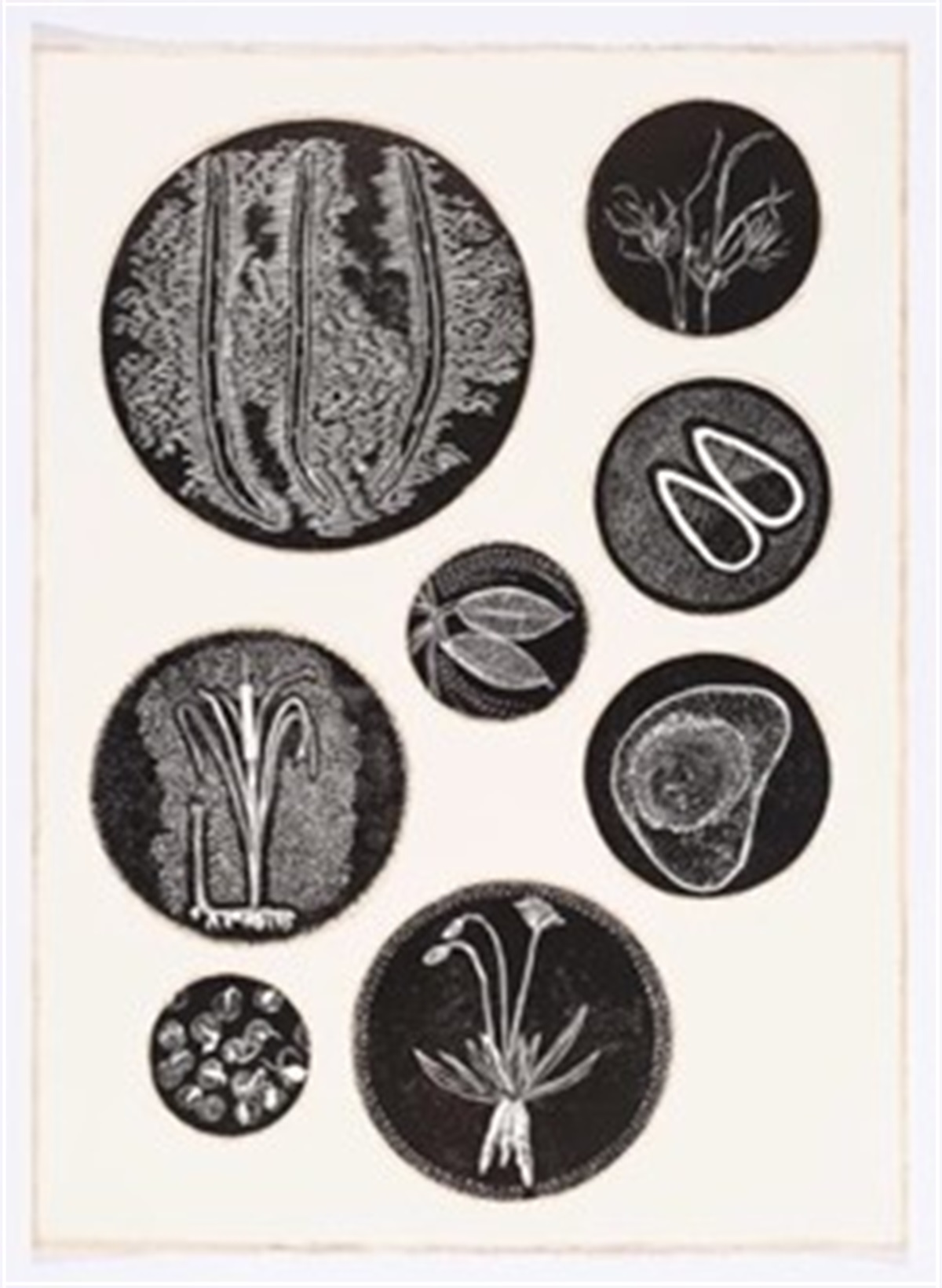A new report is shining a light on the true welfare cost of cheap chicken in the supply chains at some of Australia’s biggest fast-food restaurants.
In its assessment of nine of Australia’s biggest fast-food companies, global animal welfare charity World Animal Protection evaluated their commitments to chicken welfare and plant-based offerings, calling out KFC Australia as grossly under-performing across all areas.
In stark contrast, Domino’s Australia are industry leaders in chicken welfare, being the only fast-food company in Australia to commit to giving chickens lives worth living by adopting the Better Chicken Commitment, while also ranking highly for having extensive offerings of more humane and sustainable plant-based meal options.
Rochelle Flood, Campaign Manager, World Animal Protection said: “KFC’s refusal to act on chicken welfare goes directly against consumer expectations and where the industry is moving globally on animal welfare and plant-protein. Australian animals and consumers deserve better. They deserve the choice of higher welfare products and a comprehensive range of plant-based options, neither of which KFC are willing to provide.
“The chickens crammed on Australian factory farm floors are inquisitive and social animals, yet often live their entire lives in chronic pain, developing unnaturally fast as a result of selective breeding. These unnaturally fast-growing chickens suffer from lameness, skin lesions and even heart and lung failure.
“With no public commitments to improve chicken welfare or to expand their plant-based menu options, KFC is failing its customers, and the millions of chickens suffering every year in its supply chain.”
Each year millions of chickens are subjected to unnecessary suffering at the hands of fast-food companies like KFC, who refuse to take the welfare of the animals in their meat supply chain seriously, despite thousands of consumers calling on them to do so[.
In a recent survey, more than half of Australians said they would eat at KFC more frequently if the chicken was higher welfare. The new polling also showed 61% of Australians think it is important for fast-food restaurants to offer plant-based menu options. This jumped to 76% within the Gen Z demographic. World Animal Protection is urging the food industry to commit to global policy changes that will improve the welfare of millions of chickens. By signing the Better Chicken Commitment companies are expected to:
- Use chicken breeds that grow at a healthier rate. The current fast-growing breeds mean chickens grow to their full size in an average of just six weeks. This accelerated growth rate, combined with low light levels and insufficient space to move, leads to serious health problems including heart and lung failure, muscle weakness and lameness.
- Ensure that chickens have the space to behave more naturally
- Give chickens the opportunity to enjoy natural behaviours via enrichment – including perches or platforms and pecking objects – natural lighting and high-quality bedding.
- Ensure that chickens are slaughtered using more humane methods that avoid live inversion, shackling and render all animals unconscious before slaughter.
KFC UK and six countries across Europe have agreed to providing meat chickens with higher welfare standards. KFC Australia has refused to follow suit.
While KFC and McDonald’s Australia have trialled plant-based options, they remain the only two Australian restaurants that do not offer permanent plant-based alternatives, falling short in comparison to the other major food companies in Australia, and around the world.
About us:
World Animal Protection is the global voice for animal welfare, with more than 70 years’ experience campaigning for a world where animals live free from cruelty and suffering.
We have offices in 12 countries and work across 47 countries. We collaborate with local communities, the private sector, civil society and governments to change animals’ lives for the better.







